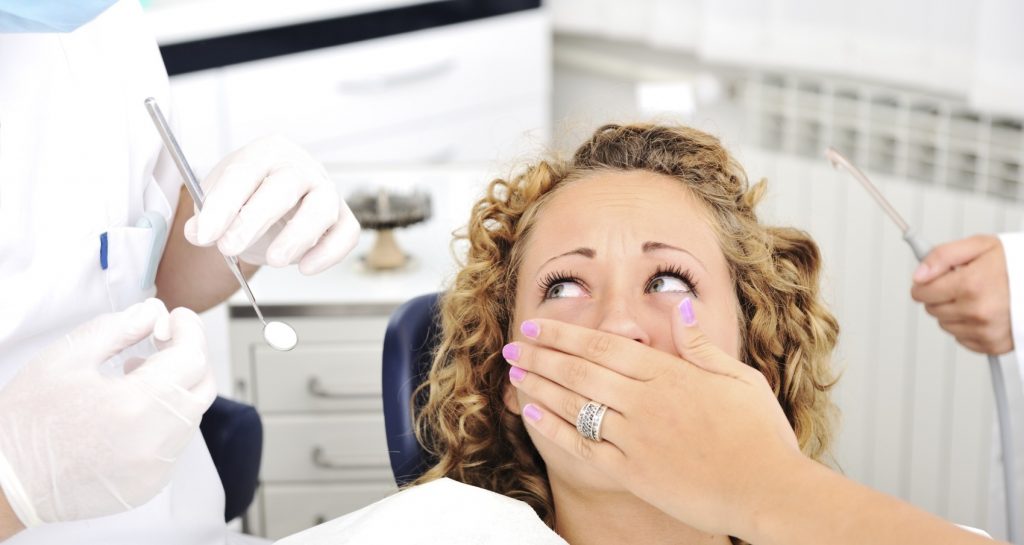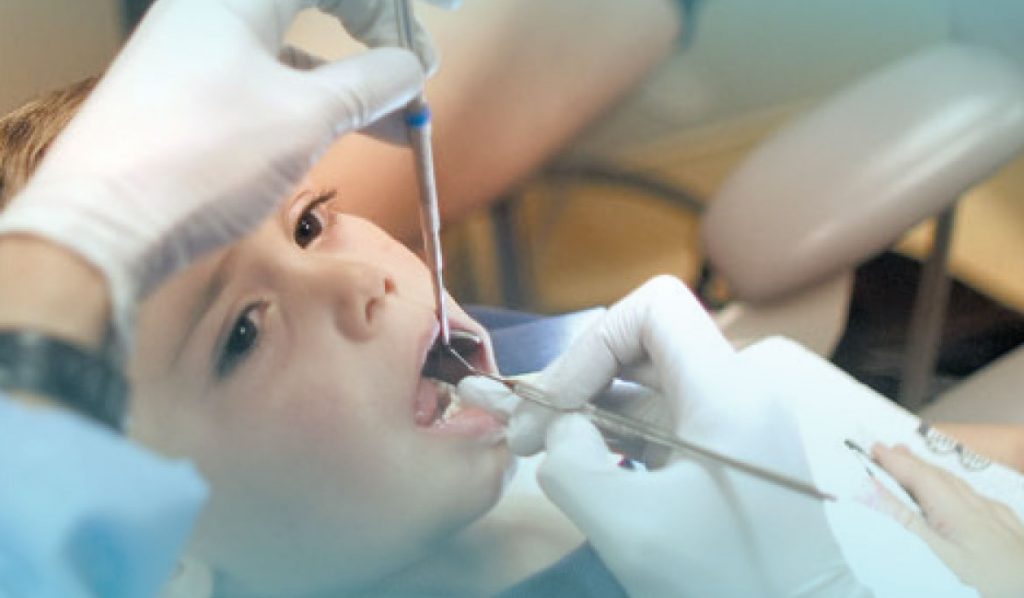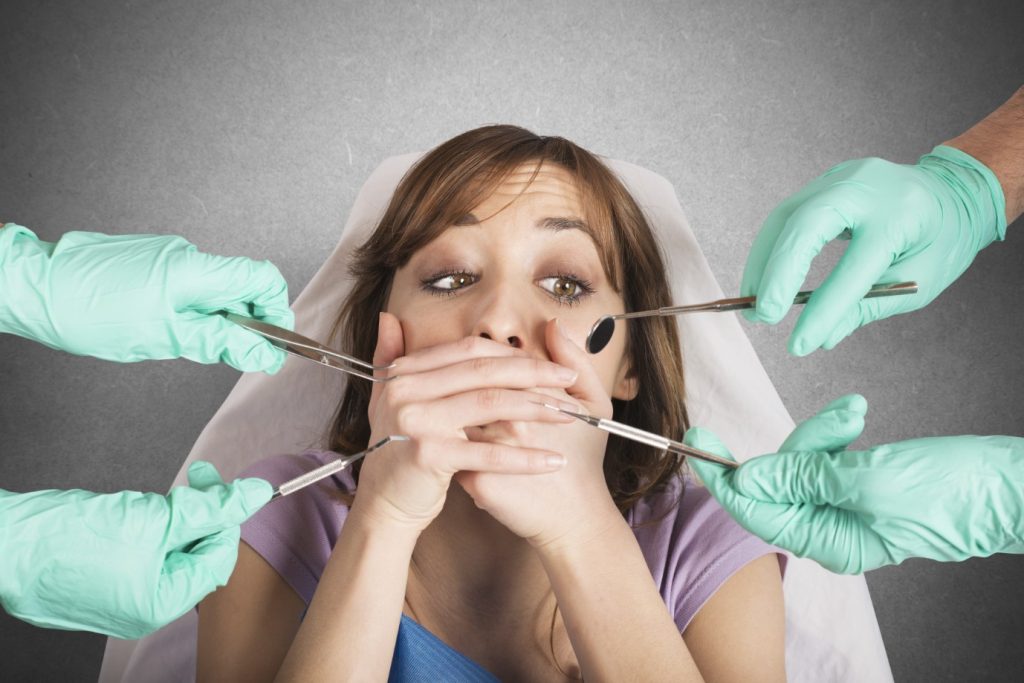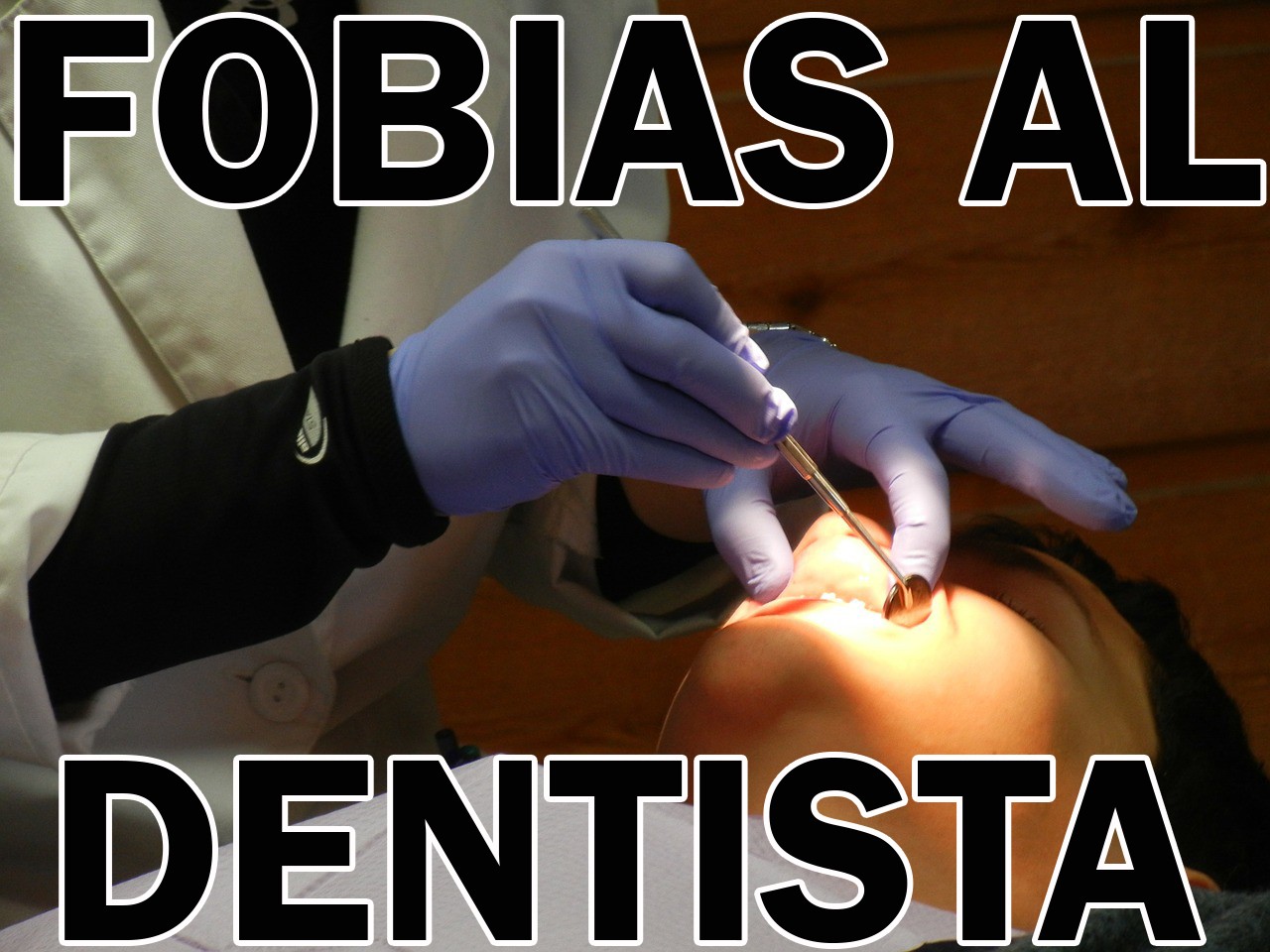There are people who are not lovers of going to the dentist, and in short, they feel a terrible phobia of going to the dentist, which is why going to the dentist is the favorite activity of very few people. In fact, more than 45% of British people say they are anxious about a visit to the dentist and almost 12% have such high levels of anxiety that they would avoid a visit for a long time unless it was an emergency.
For these people, who can be considered to have a phobia of the dentistEven the thought of a visit can cause horrible feelings and sleepless nights. People with dental phobia tend to have poorer oral health and more holes in their teeth.. This can be due to missed dental appointments, poor oral hygiene, and tooth brushing habits.
That, in combination with smoking, which causes gum disease, and high sugar intake, which causes big holes. The poor oral health can affect people's lives in many ways, especially when they eat, talk and smile.
Dental phobia, also known as odontophobia, dentophobia, dental fear, dental anxiety and dental phobia, it is a psychological condition that causes irrational fear of dentists or anything related to dentistry in general. Even mild anxiety or aversion can lead to utter fear until he or she begins to experience dental phobia.
Several factors can trigger dental fear, such as seeing dental instruments (especially those with large needles) and hearing tools in action, such as drills. The strong scent of a dental compound, such as bleach and eugenolIt can also fuel fear, as patients often link these sensory responses to previous negative dental experiences.
What are the main causes of dental phobia

It is very rare to find a person who really enjoys going to the dentist. Y'all know that preventive and restorative dental care is necessaryBut people are still afraid to go to a dental clinic. Also, for some people, their aversion is so great that it begins to develop into a real psychological condition. The development of dental fear can be traced back to several possible reasons. The most common include:
- Past traumatic dental experiencessuch as malpractice or that you have been hurt by another dental doctor in the past.
- A history of abuse outside of dentistry can also trigger dental phobia. Since fears are manifested in all areas.
- Parents or guardians who are also afraid of dentists can pass that fear on to their children.
- Lack of control or feel powerless when you visit a dentist
How we can treat Odontophobia or Dentist Phobia

Deal with dental phobia it is quite difficult for both adults and children. But sometimes a child's fear can be so irrational that it can carry it with it until it becomes an adult. Dealing with children requires more patience and experience. An experienced children's dentist knows this and is trained to handle such cases.
In the case of an adult, he needs to put his fears aside and can do it, accompanying someone to a consultation. If you feel very invasive, you can watch videos about it, but simple everyday treatments, no surgeries or dental errors. Many times, when these types of people who experience fear for the dentist, begin to feed their phobia more seeing medical errors, bad practice, among others.
In the case of children, parents can bring their children to the dentist for pre-treatment conditioning. Children can use this time to become familiar with the dental office and meet the dentist. During this time, the dentist can provide you with so much information about dental care and its importance for your oral hygiene. Most pediatric dentists offer a small gift to children who have completed the treatment, in this way help to minimize the fear.
Another way to treat people with odontophobia, it is through the sedative. Another problem in all of this is that some dental phobia patients can only receive dental treatment if it is offered to them. conscious sedation. This can be provided by dentists who have the experience and training to provide this type of sedation.
Gas and air (laughing gas) or sedative medicines such as midazolam they can help patients feel more relaxed and calm during dental procedures. For some other cases, patients may be referred for general anesthesia, but this must be done in a hospital.
But that said, specialty practices and dentists who treat people with dental phobias may offer longer appointment slots, often having a long waiting list. This can leave patients in a difficult situation if they are having dental problems and are in a lot of pain, but feel too scared to continue with standardized treatment.
Other ways to help patients with Dental Phobia

One option used by certain hospitals and practices is the cognitive behavioral therapy (CBT) to help patients overcome their dental phobia. An earlier study at King's College London found that CBT was very effective for patients with dental phobia, allowing them to overcome their fear of visiting the dentist and even allowed them to receive treatment without sedation.
Something that we are also looking for for these patients is to offer more personalized advice on oral hygiene practices, such as better brushing technique and guidance to quit smoking. The hope is that be armed with more knowledge It will help these patients feel more confident about their oral hygiene, which should help prevent further illness and reduce the anxiety associated with any dental visit.
Ultimately, any phobia can be difficult to handle, but when it is a phobia that affects your health and quality of life on a daily basis, the effects can be devastating. So, since research shows that some phobias can run in familiesYou should keep in mind that this is not only about helping today's patients, but also about helping tomorrow's patients.

